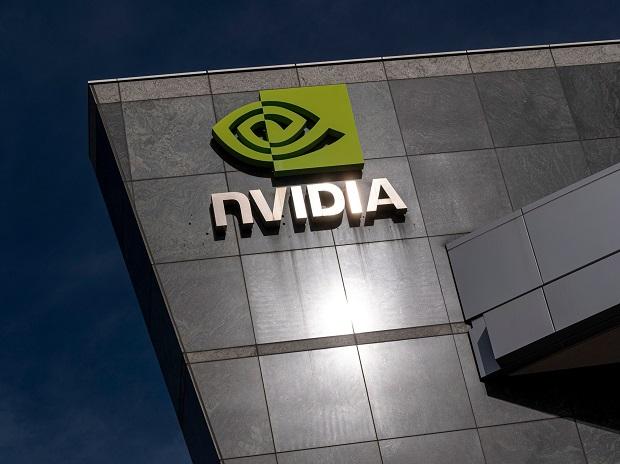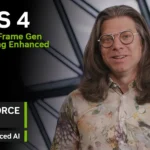plowunited.net – NVIDIA is developing a new AI chip tailored specifically for the Chinese market, Reuters reports. This upcoming chip, tentatively named B30A, will be based on NVIDIA’s latest Blackwell architecture. The Blackwell platform can produce AI chips that run between seven to 30 times faster than the company’s previous AI hardware.
Read More : Asus ROG Matrix RTX 5090 Cools 800W with Quad Fans
Unlike the dual-die Blackwell Ultra GPUs, the B30A will feature a single-die design. This means NVIDIA will place all key components on one silicon piece, streamlining the chip’s architecture. The B30A is expected to deliver roughly half the computing power of Blackwell Ultra models. It will also integrate high-bandwidth memory and NVIDIA’s NVLink technology. NVLink enables faster data exchange between processors, improving overall speed and efficiency.
NVIDIA’s development of the B30A chip comes amid regulatory tensions. The Chinese government discouraged local companies from using NVIDIA’s H20 chips, especially for national security projects. Chinese regulators reportedly instructed major tech companies such as Alibaba, Bytedance, and Tencent to halt H20 chip purchases while the government conducted a national security review. This move followed the U.S. lifting export restrictions on the H20 chips.
Regulatory Backdrop and Future Prospects for NVIDIA’s B30A Chip
The U.S. government initially blocked NVIDIA from selling H20 chips to China in April over concerns that the Chinese military could use them to advance AI technology. In July, NVIDIA announced it received assurances that the U.S. would approve licenses for H20 chip exports to China. Later, the Financial Times reported the U.S. agreed to grant NVIDIA and AMP export licenses in exchange for 15% of their profits.
Reuters states that NVIDIA is still finalizing B30A’s specifications but hopes to send samples to Chinese clients for testing as early as September. This move indicates NVIDIA’s commitment to maintaining a presence in China despite geopolitical obstacles.
Interestingly, former President Donald Trump acknowledged NVIDIA’s ongoing work on a Blackwell-based chip for China. Trump mentioned that NVIDIA CEO Jensen Huang planned to discuss the matter with him again. This suggests that regulatory approval remains a critical hurdle for NVIDIA’s new chip.
Read More : Democrats Challenge Legality of Trump’s Cut on Nvidia Chip Sales
NVIDIA faces a complex balancing act between advancing cutting-edge AI technology and navigating international export controls. The B30A chip could help NVIDIA maintain its influence in China’s AI market if it secures regulatory clearance. At the same time, the evolving geopolitical landscape will likely impact the chip’s distribution and commercial success.
As NVIDIA pushes forward with Blackwell-based innovations, the company’s strategy in China will serve as a key test of how tech firms adapt to global trade restrictions while fueling AI advancements. The B30A could set a precedent for future AI chips designed to comply with regulatory frameworks yet deliver high performance to strategic markets.


